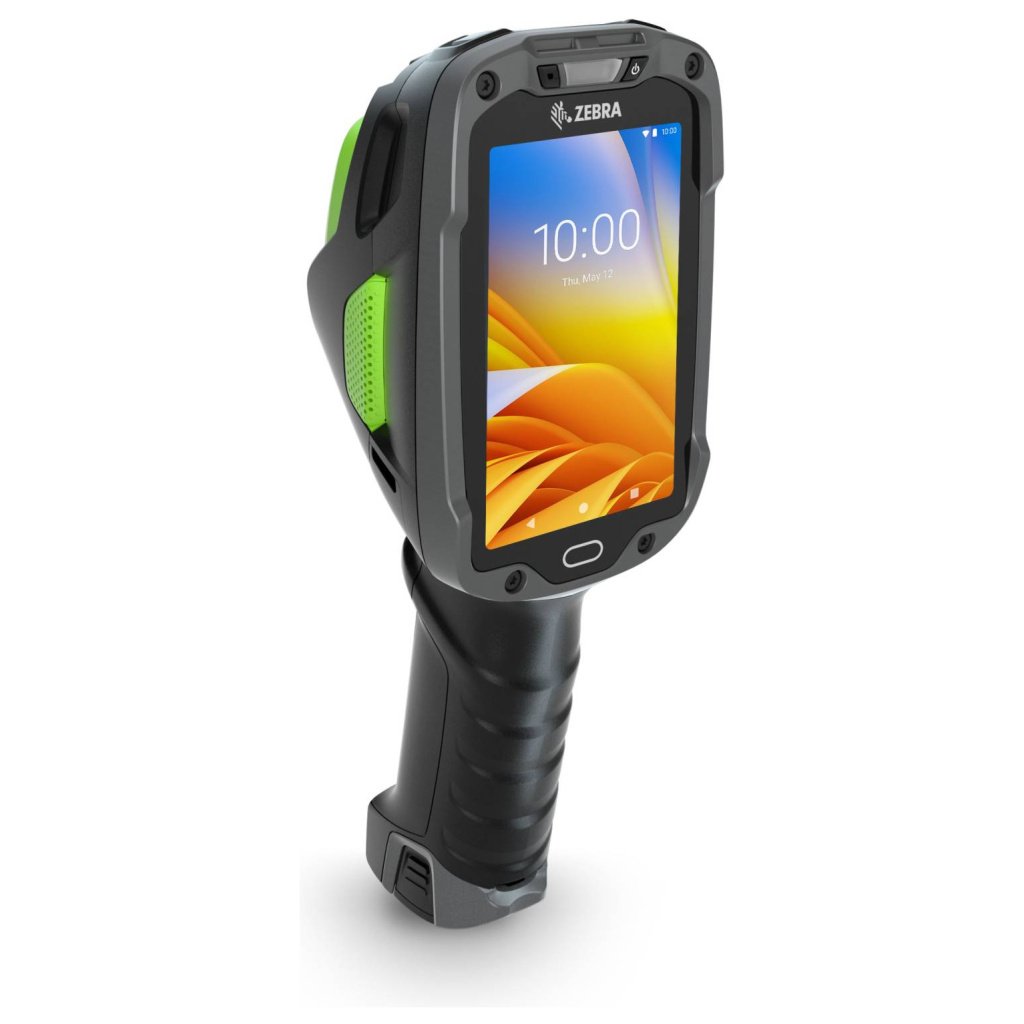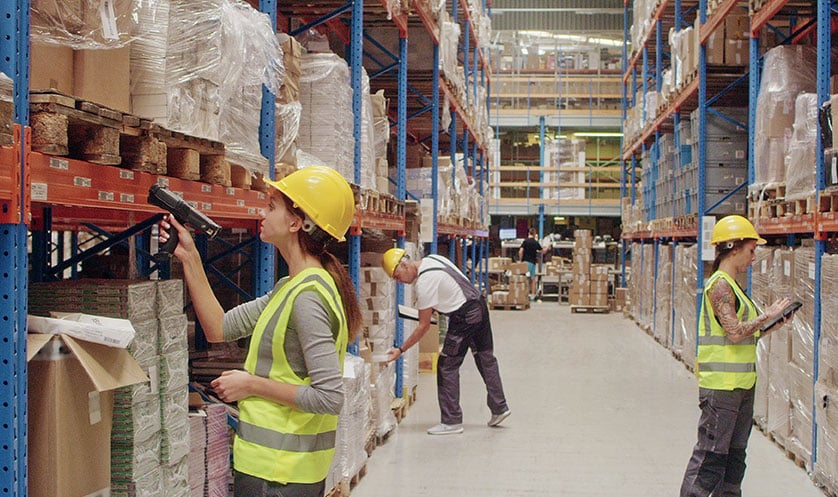Introduction
Warehouse management requires efficiency, accuracy, and reliability, and barcode scanners play a crucial role in achieving these goals. Zebra and Honeywell are two of the leading manufacturers in the barcode scanner market, known for their durable and high-performance devices. In this blog, we will explore the top five barcode scanners from these brands that are ideal for warehouse management. We will discuss their characteristics, features, and provide a comprehensive comparison to help you make an informed decision.
Key Takeaways
- Rugged barcode scanners are essential for efficient and accurate warehouse management.
- Zebra and Honeywell offer top-tier models with features tailored to warehouse needs.
- Assessing your specific requirements will help you choose the right scanner.

Characteristics of Ideal Warehouse Barcode Scanners
Durability and Ruggedness Warehouse environments can be tough, with devices often subjected to drops, dust, and temperature variations. The ideal barcode scanner should have:
- MIL-STD-810G certification for resistance to drops and shocks.
- IP65 or higher rating for dust and water resistance.
Battery Life Long battery life is essential to ensure continuous operation without frequent recharging. Look for scanners with:
- Extended battery life
- Hot-swappable battery options
Scanning Range and Speed Efficient warehouse operations require fast and accurate scanning of barcodes at various distances. Ideal features include:
- Long-range scanning capabilities
- High scanning speed for quick data capture
Connectivity Options Reliable connectivity is crucial for real-time data transmission and integration with warehouse management systems. Essential connectivity features include:
- Bluetooth
- Wi-Fi
- USB and other ports

Top 5 Models Comparison
- Zebra MC9300
- Features and Specifications: The MC9300 offers a 4.3-inch display, 2.2 GHz octa-core processor, up to 8GB RAM, and a 7000 mAh battery. It supports both short and long-range scanning.
- Use Cases and Benefits: Ideal for inventory management, order picking, and receiving. Its rugged design ensures durability in harsh environments.
- Honeywell Granit 1981i
- Features and Specifications: This scanner features a durable design with IP65 rating, 1D and 2D scanning capabilities, and Bluetooth connectivity. It has a scanning range of up to 50 feet.
- Use Cases and Benefits: Suitable for use in large warehouses where long-range scanning is required. Its rugged build ensures reliability.
- Zebra DS3678
- Features and Specifications: The DS3678 offers IP67-rated durability, advanced scanning capabilities for 1D and 2D barcodes, and Bluetooth connectivity. It has a 3000 mAh battery.
- Use Cases and Benefits: Perfect for environments where high durability and performance are necessary. It provides fast and accurate scanning.
- Honeywell Dolphin CT60
- Features and Specifications: This device features a 4.7-inch display, Qualcomm Snapdragon 660 processor, up to 4GB RAM, and a 4040 mAh battery. It supports 1D and 2D scanning.
- Use Cases and Benefits: Ideal for inventory management and data capture in demanding environments. Its robust connectivity options ensure seamless data integration.
- Zebra TC8300
- Features and Specifications: The TC8300 offers a 4-inch display, 2.2 GHz octa-core processor, up to 8GB RAM, and a 7000 mAh battery. It supports advanced 1D and 2D scanning.
- Use Cases and Benefits: Suitable for high-volume scanning tasks. Its ergonomic design reduces user fatigue, enhancing productivity.
Buying Guide
Assessing Warehouse Needs
- Determine the primary tasks the scanner will perform.
- Consider the environmental conditions (e.g., temperature, dust, moisture).
Durability and Performance Considerations
- Choose a scanner with appropriate MIL-STD and IP ratings.
- Ensure the scanner has sufficient processing power and memory.
Battery Life and Connectivity
- Opt for scanners with long battery life and hot-swappable batteries.
- Ensure the scanner supports necessary connectivity options for your systems.

Conclusion
Selecting the right barcode scanner for your warehouse operations is crucial to enhance efficiency and accuracy. Zebra and Honeywell provide reliable and durable options that cater to various warehouse needs. By considering the characteristics, features, and comparisons discussed in this blog, you can make an informed decision that ensures optimal performance and productivity in your warehouse.
FAQ
What makes a barcode scanner suitable for warehouse use?
A suitable barcode scanner for warehouse use should be durable, have a long battery life, support various connectivity options, and offer fast and accurate scanning capabilities.
How do Zebra and Honeywell compare in terms of durability?
Both Zebra and Honeywell offer models with high durability, featuring MIL-STD-810G certifications and IP ratings. The specific model’s ruggedness should be matched to the environment’s demands.
What are the key features to consider when buying a barcode scanner? A: Key features include durability, scanning range and speed, battery life, connectivity options, and ease of use.
Key features include durability, scanning range and speed, battery life, connectivity options, and ease of use.

Ulrik Maxen: Specialist in rugged computers and mobile scanners
Ulrik is an industry veteran with over two decades of expertise working with rugged computers and mobile barcode scanners. Brands include Panasonic, DELL, Getac, Zebra, and Honeywell/Intermec. He is known for his commitment to delivering products and solutions that increase operational efficiency. Dedicated to following new market trends and client satisfaction, Ulrik is a trusted advisor where rugged computers and mobile barcode scanners must be deployed.




